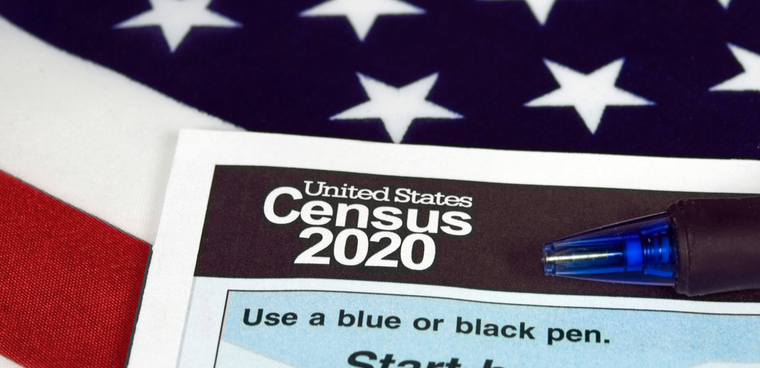Oversight Dems grill Ross over Census
As a legal battle over the addition of a question on citizenship heads to the Supreme Court, the Commerce Department chief faced questions on Capitol Hill about how and why the question came to be added to the basic 2020 population survey.

As a legal battle over the addition of a citizenship question heads to the Supreme Court, the ultimate boss of the Census Bureau faced questions on Capitol Hill about how and why the question came to be added to the basic 2020 population survey.
At a March 14 House Committee on Oversight and Government Reform hearing, Commerce Secretary Wilbur Ross testified that his department "asked [the Department of Justice] whether it would have interest in obtaining more granular citizenship data."
Ross previously testified to Congress that the DOJ "initiated" the reinstatement of the citizenship question in December 2017, and that in adding a question about the citizenship of respondents to the basic Census questionnaire, he was responding "solely" to its request.
Overall, Ross stuck to the narrative spelled out in a March 2018 memo explaining the decision was made to enforce the Voting Right Act of 1965.
"I have not approached this in a partisan manner," he testified. "If I had a nefarious purpose, I certainly wouldn't have added $3.2 billion to the budget" originally set at the outset of the decade.
This would be the first time since 1950 that a question on citizenship has been posed on the decennial questionnaire mailed to every household. Multiple courts have ruled the decision illegal. The bureau's own scientific advisors and former directors have said such a question will decrease response rates and count accuracy.
While some Republicans voiced support for the question as a way to better inform immigration decision-making, Ross tried to distance the decision from immigration policy, insisting that census responses would remain confidential, a key risk area for the bureau.
Census officials have said they will probably need a decision by June in order to have adequate time to print and distribute all the forms needs to mail to every household. The Supreme Court plans to take up the question in April.
Rep. Brenda Lawrence (D-Mich.) questioned the administration's budget proposal of $7.2 billion for the entire bureau, falling short of Ross's own request of $7.4 billion for just the decennial operation.
"I have no idea why the president's budget is below the request," Ross said, adding he did not have input in the White House's budget. "I believe that the total budget that we requested and had been approved by the Congress is adequate."
The Census Bureau plans a number of operational tests in 2019, both examining the impact of the question's addition and a series of cybersecurity and IT systems readiness. And as Census prepares these expanded operations, Census watchdogs fear the White House budget would shortchange them.
One of the bureau's largest contracts is its technical integration contract, an $890 million deal to make sure all of the IT systems work in conjunction with one another.
Rep. Ayanna Pressley (D-Mass.) questioned Ross about whether the bureau has a plan to fill the persisting vacancies in the office, about half of the total positions, overseeing this IT contract.
"This IT integration is critical to ensure there is an accurate count," she said.
Ross noted in his response that the Senate recently confirmed a permanent director, and that he "did not recall the exact number" of vacancies.
NEXT STORY: FCW Insider: March 14





